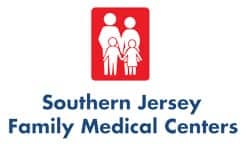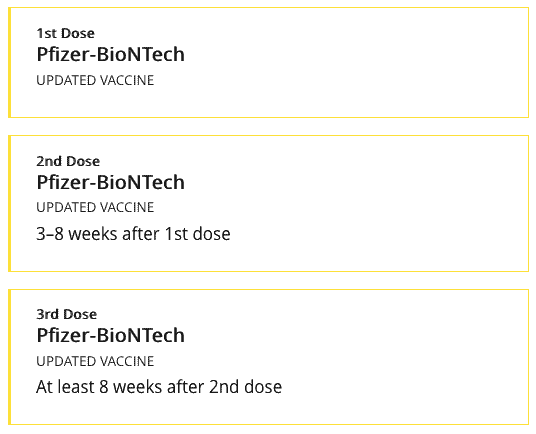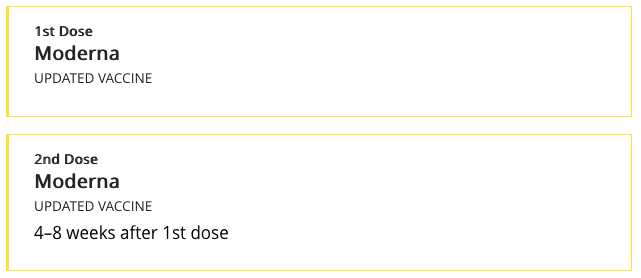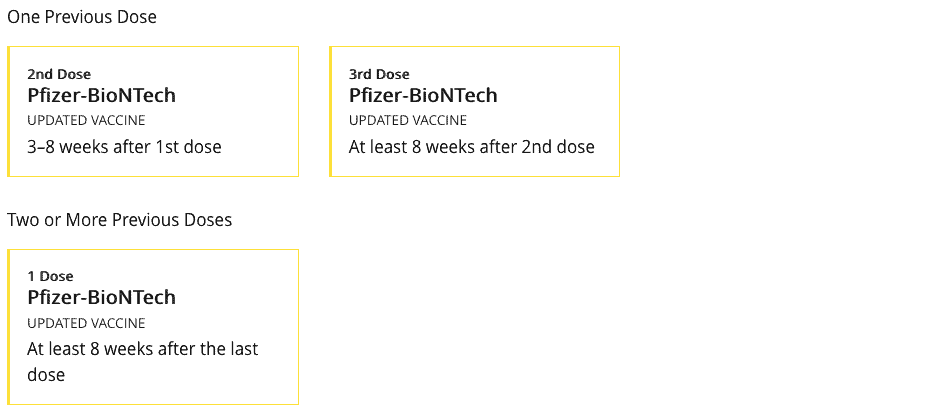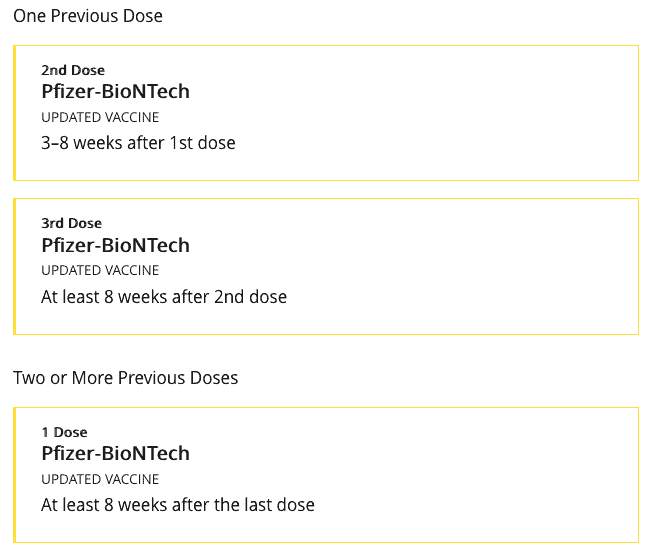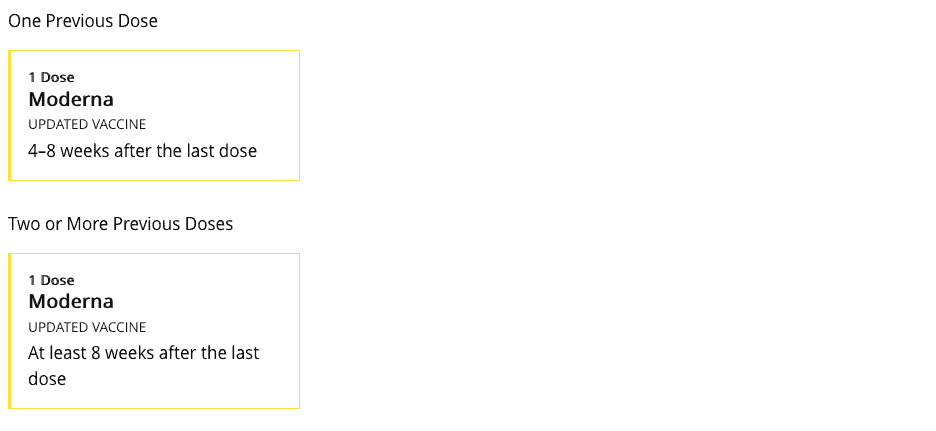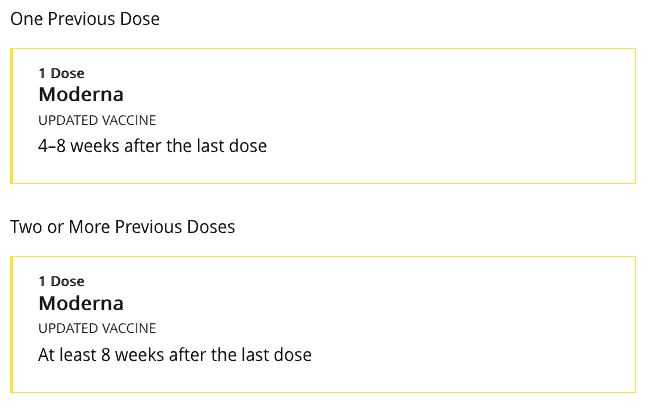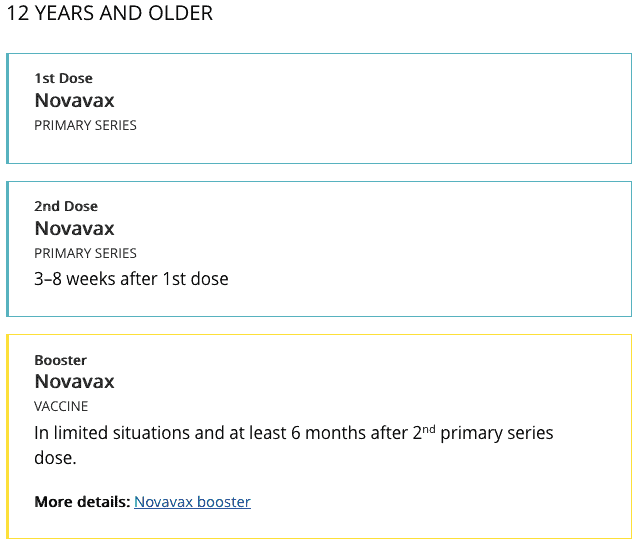Know the Facts and Get the Vax

Watch this video to learn the facts and get vaccinated today!
SJFMC is working to protect our communities during the Coronavirus/COVID-19 outbreak.
At Southern Jersey Family Medical Centers (SJFMC) your health and safety is our number one priority, and we are following COVID-19 guidelines as recommended by the CDC and the New Jersey Department of Health.
With that mission in mind, we are taking a number of steps to protect our patients, employees, and the community during this outbreak. Our dedicated Task Force of senior leaders, both clinical and non-clinical, are following planned protocols to keep our facilities as safe as possible and help stop the spread of COVID-19(Coronavirus).
What can you do if you think you have been exposed to the Coronavirus?
If you or your family members have been exposed to anyone with a suspected or confirmed case of COVID-19 or have any of these symptoms:
- Fever
- Coughing
- Sneezing
- Running Nose
- Chills
- Muscle Pain
- Weakness
- Severe Headache
- Joint Pain
- Loss of Smell
- Loss of Taste
- Abdominal Pain
- Vomiting
- Fatigue
- Diarrhea
- Bruising or Bleeding
- Red Eye
- Rash
The best practice is for you to immediately schedule a same-day SJFMC telemedicine appointment at 800-486-0131.
If you have any of these emergency warning signs* for COVID-19 get medical attention immediately:
- Trouble breathing/shortness of breath
- Persistent pain or pressure in the chest
- New confusion or inability to arouse
- Bluish lips or face
*This list is not all inclusive. Please consult your SJFMC Medical Provider at 800-486-0131 for any other symptoms that are severe or concerning to you.
COVID-19 Testing
COVID-19 testing is currently not available at SJFMC.
COVID-19 Vaccine: What You Need to Know
- CDC recommends the 2023–2024 updated COVID-19 vaccines.
- Everyone aged 5 years and older should get 1 dose of the updated Pfizer-BioNTech or Moderna COVID-19 vaccine to protect against serious illness from COVID-19.
- People who are moderately or severely immunocompromised may get additional doses of updated COVID-19 vaccine.
- Children aged 6 months–4 years need multiple doses of COVID-19 vaccines to be up to date, including at least 1 dose of updated COVID-19 vaccine.
- COVID-19 vaccine recommendations will be updated as needed.
Which vaccine is available at SJFMC?
Right now, no COVID-19 vaccines are available at SJFMC. In the past we have had Pfizer-BioNTech, Moderna and Novavax vaccines.
Read these COVID-19 Fact Sheets to learn more about the vaccines:
Learn more about the Pfizer-BioNTech vaccine by reading these fact sheets.
Learn more about the Moderna vaccine by reading these fact sheets.
Learn more about the Novavax vaccine by reading this fact sheet.
Schedule a vaccine appointment for children ages 6 months and older and adults of all ages
Stay Up to Date with COVID-19 Vaccines
Recommendation for Everyone Aged 5 Years to 64
Get 1 updated COVID-19 vaccine
Everyone 5-64 years old should get 1 updated COVID-19 vaccine, at least two months after getting the last dose of any COVID-19 vaccine.
Recommendation for People 65+
The CDC recommends adults age 65 and older receive an additional updated 2023-2024 COVID-19 vaccine dose.
Recommendation for People Who May Get Additional Updated COVID-19 Vaccines
People who are moderately or severely immunocompromised may get additional doses of updated COVID-19 vaccines. Talk to your healthcare provider about additional updated doses.
Recommendation for Children Aged 6 Months — 4 Years
Children Who Are Not Vaccinated
Children aged 6 months–4 years should get two or three doses of updated COVID-19 vaccine depending on which vaccine they receive.
Children Who Got Previous COVID-19 Vaccine(s)
Children aged 6 months–4 years who got COVID-19 vaccines before September 12, 2023, should get one or two doses of updated COVID-19 vaccine depending on which vaccine and the number of doses they’ve previously received.
Recommendation for People Who May Want Another COVID-19 Vaccine Option
People 12 years and older who are unable or choose not to get an updated Pfizer-BioNTech or Moderna COVID-19 vaccine can consider other options to get up to date:
About COVID-19 Vaccines
COVID-19 vaccines available in the United States are effective at protecting people from getting seriously ill, being hospitalized, and dying. As with other vaccine-preventable diseases, you are best protected from COVID-19 when you stay up to date with the recommended vaccinations.
COVID-19 vaccines recommended for use in the United States:
- Pfizer-BioNTech
- Moderna
- Novavax
Getting Vaccines If You Recently Had COVID-19
If you recently had COVID-19, you still need to stay up to date with your vaccines, but you may consider delaying your vaccine by 3 months.
Reinfection is less likely in the weeks to months after infection. However, certain factors could be reasons to get a vaccine sooner rather than later, such as:
- personal risk of severe disease,
- risk of disease in a loved one or close contact,
- local COVID-19 hospital admission level,
- and the most common COVID-19 variant currently causing illness.
About Vaccination for Children and Teens
CDC recommends COVID-19 vaccines for everyone 6 months and older and boosters for everyone 5 years and older, if eligible. Read the following COVID-19 vaccine and booster recommendations to learn if and when your child or teen can get boosters to stay up to date with their COVID-19 vaccines.
Additional Shots for Immunocompromised People
People who are moderately or severely immunocompromised have specific recommendations for COVID-19 vaccines, including boosters. Learn more about COVID-19 vaccine recommendations for people who are moderately or severely immunocompromised.
You may get Johnson & Johnson’s Janssen COVID-19 vaccine in some situations
The Possibility of COVID-19 after Vaccination: Breakthrough Infections
COVID-19 vaccines are effective at preventing infection, serious illness, and death. Most people who get COVID-19 are unvaccinated. However, since vaccines are not 100% effective at preventing infection, some people who are fully vaccinated will still get COVID-19.
An infection of a fully vaccinated person is referred to as a “vaccine breakthrough infection.”
What we know about vaccine breakthrough infections
- Vaccine breakthrough infections are expected. COVID-19 vaccines are effective at preventing most infections. However, like other vaccines, they are not 100% effective.
- Fully vaccinated people with a vaccine breakthrough infection are less likely to develop serious illness than those who are unvaccinated and get COVID-19.
- Even when fully vaccinated people develop symptoms, they tend to be less severe symptoms than in unvaccinated people. This means they are much less likely to be hospitalized or die than people who are not vaccinated.
- People who get vaccine breakthrough infections can be contagious.
Read more information on CDC’s website.
Safety Policy and Visitor Guidelines
MASKING IS NOW OPTIONAL IN CLINICAL AND NON-CLINICAL AREAS.
- All patients and visitors are who are experiencing symptoms due to respiratory related illnesses including COVID-19, RSV and Flu are required to wear a mask.
Telemedicine Available for Visits from home
SJFMC is now using Telemedicine to allow you to talk to your provider and receive medical care at home. Visits are available virtually on video. Please call 800-486-0131 to make an appointment today.
Dental Services
Full-service dentistry is offered at all of our dental sites. Our team is following guidance from the American Dental Association and adhering to strict safety protocols in addition to normal infection control procedures to keep you and our team safe.
How You Can Help
As we continue to navigate through the COVID-19 crisis, personal protective equipment(PPE) is in high demand. You can help protect our Health Care Heroes by donating, masks, gloves, gowns, goggles, face shields, disinfectants, and hand sanitizers. Please call Mika Hasan at 856-298-8493 to arrange your donation drop-off.
Similarities and Differences between Flu and COVID-19
Influenza (Flu) and COVID-19 are both contagious respiratory illnesses, but they are caused by different viruses. COVID-19 is caused by infection with a new coronavirus (called SARS-CoV-2) and flu is caused by infection with influenza viruses.
There are some key differences between flu and COVID-19. COVID-19 seems to spread more easily than flu and causes more serious illnesses in some people. It can also take longer before people show symptoms and people can be contagious for longer. Another important difference is there is a vaccine to protect against flu. There is currently no vaccine to prevent COVID-19. The best way to prevent infection is to avoid being exposed to the virus. More information about differences between flu and COVID-19 is available here.
Steps you can take to prevent the spread of common cold, flu, and Coronavirus:
- Wear a mask in public
- Wash hands often with soap and water. If not available, use hand sanitizer
- Avoid touching your eyes, nose, or mouth with unwashed hands
- Avoid contact with people who are sick
- Stay home while you are sick and avoid contact with others
- Cover your mouth and nose with a tissue or sleeve when coughing or sneezing
For more information regarding Coronavirus COVID-19 in New Jersey, visit the New Jersey Department of Health website.
Frequently Asked Questions About Coronavirus
What is Coronavirus (COVID-19)?
Coronavirus disease 2019 (COVID-19) is a respiratory illness that can spread from person to person. The virus that causes COVID-19 is a novel coronavirus that was first identified during an investigation into an outbreak in Wuhan, China.
Who is at risk for Coronavirus (COVID-19)?
Currently, those at greatest risk of infection are persons who have had prolonged, unprotected close contact with a patient with symptomatic, confirmed COVID-19. Close contact is defined by the CDC as:
- Being within approximately six feet of a COVID-19 case for a prolonged period of time; close contact can occur while caring for, living with, visiting, or sharing a health care waiting area or room with a COVID-19 case; or
- Having direct contact with infectious secretions of a COVID-19 case (such as being coughed or sneezed on).
Similar to the flu, people who are older than 65, or have chronic illnesses or a weak immune system are more vulnerable to be infected by COVID-19.
What are the symptoms of Coronavirus (COVID-19)?
According to the CDC, symptoms of COVID-19 may appear two to 14 days after exposure and include fever, cough, and shortness of breath.
How can I protect my child from COVID-19 infection?
You can encourage your child to help stop the spread of COVID-19 by teaching them to do the same things everyone should do to stay healthy.
- Clean hands often using soap and water or alcohol-based hand sanitizer
- Avoid people who are sick (coughing and sneezing)
- Clean and disinfect high-touch surfaces daily in household common areas (e.g. tables, hard-backed chairs, doorknobs, light switches, remotes, handles, desks, toilets, sinks)
- Launder items including washable plush toys as appropriate in accordance with the manufacturer’s instructions. If possible, launder items using the warmest appropriate water setting for the items and dry items completely. Dirty laundry from an ill person can be washed with other people’s items.
Are the symptoms of COVID-19 different in children than in adults?
No. The symptoms of COVID-19 are similar in children and adults. However, children with confirmed COVID-19 have generally presented with mild symptoms. Reported symptoms in children include cold-like symptoms, such as fever, runny nose, and cough. Vomiting and diarrhea have also been reported. It’s not known yet whether some children may be at higher risk for severe illness, for example, children with underlying medical conditions and special healthcare needs. There is much more to be learned about how the disease impacts children.
For up to date information visit the CDC website and check out NJDOH updates.
 COVID-19
COVID-19
